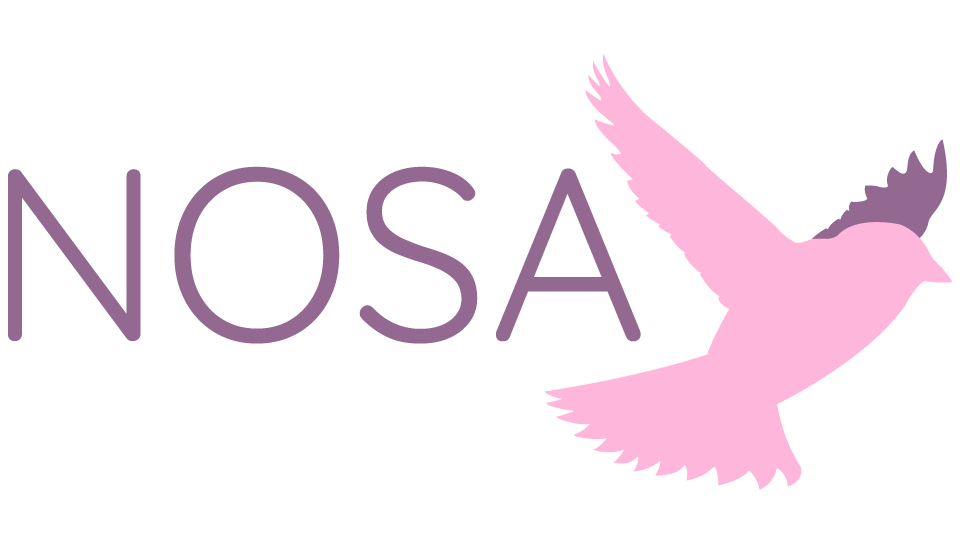frequently asked questions (FAQs)
what makes NOSA a specialist service?
As a specialist service we offer flexibility combined with expertise. We only treat problems related to anxiety and have tailored all our resources and skills to this end. All our clinicians are highly experienced practitioners with extensive knowledge specific to our area of work. We are not only involved in the delivery of therapy but also seek to improve the treatments offered through academic research and applied learning. The clinicians at NOSA are all distinguished professionals with reputations for the advancement in the treatment of anxiety related problems.
what treatments do you offer?
The psychological therapies we provide are recommended by NICE (National Institute for Health and Clinical Excellence) guidelines. You may know that NICE is the scientific body that advises the National Health Service (NHS) about treatment. This usually involves offering a specialist course of Cognitive Behavioural Therapy (CBT) specifically designed for the problem you are experiencing. CBT is a proactive talking therapy, designed to give people techniques and coping strategies for overcoming their problems. It will involve working closely with your therapist to first understand your problems and then figure out practical ways to overcome them.
what do you mean by ‘outreach’?
By outreach, we mean seeing people in their own homes and communities. Most talking therapies are delivered through weekly sessions of one hour and require the patient to travel to the therapist’s clinic. This may be suitable for many but it can present several problems and disadvantages when considering the treatment of anxiety problems for others. One problem might be that the patient finds it difficult to attend due to the nature of their specific problems. For example, someone experiencing obsessive compulsive problems may find it too overwhelming to attend a clinic that triggers their fears about being contaminated by something.
Another issue involves the effectiveness of treatment. Seeing people in their own homes and communities can increase the relevance of the interventions we use. This simply means that if you, for example, have problems leaving your home, we can come to you and help you conquer your fears. In this way, we are working directly with you in the environment the problem exists in, increasing the likelihood that the treatment will work. Not only that, but we are flexible about the scheduling and duration of your sessions. For example, someone might require a session that is two to three hours long, which is repeated over two consecutive days.

